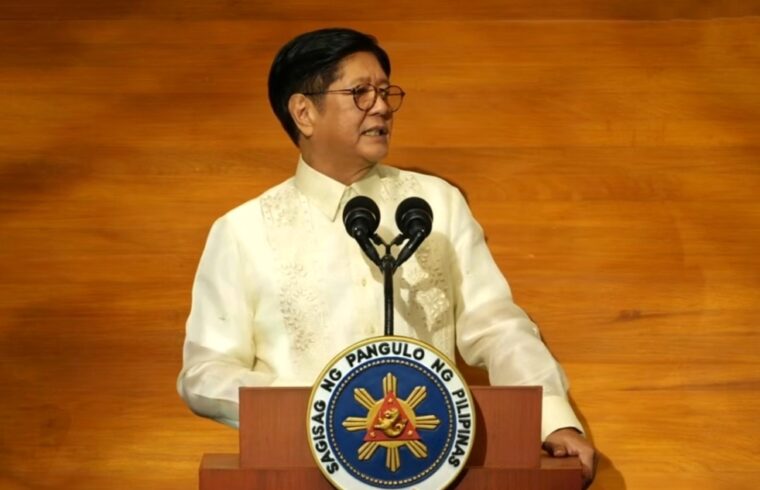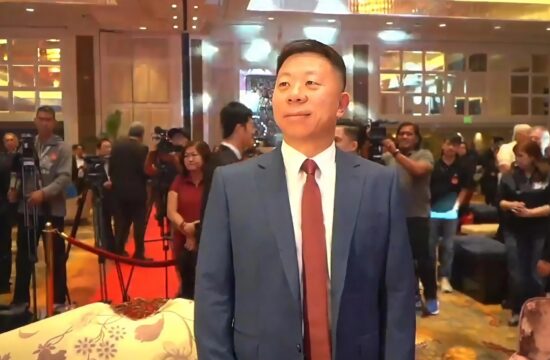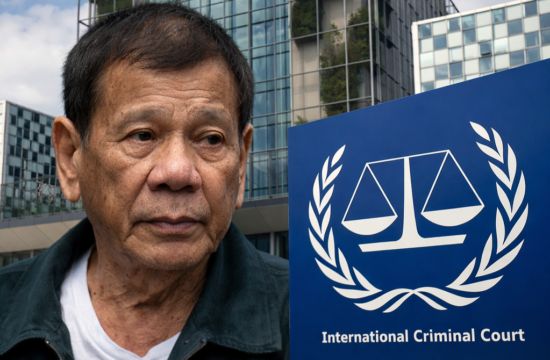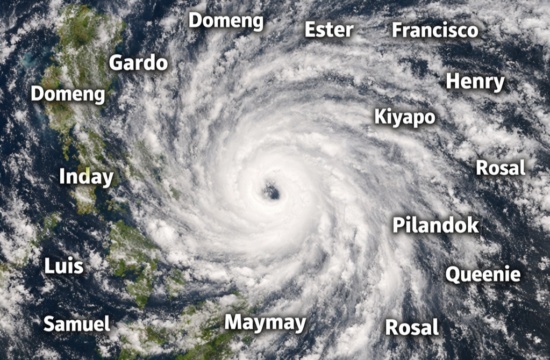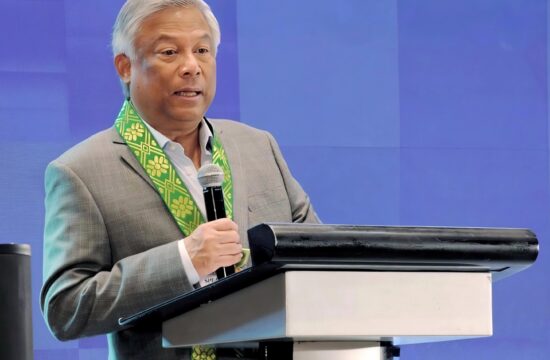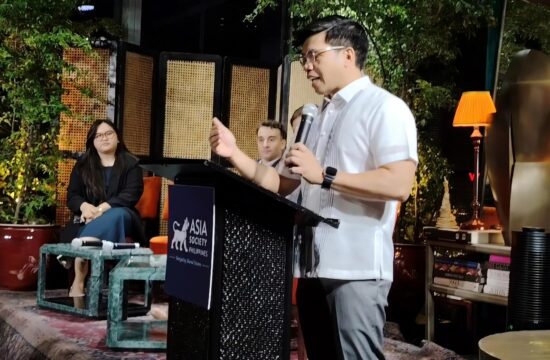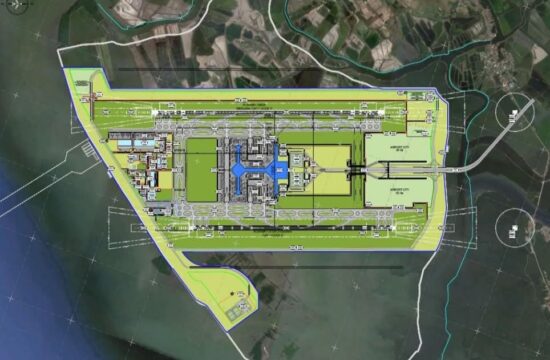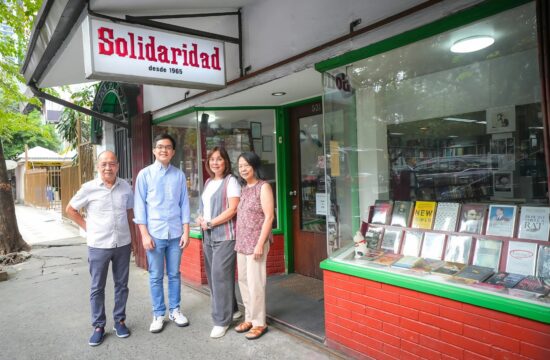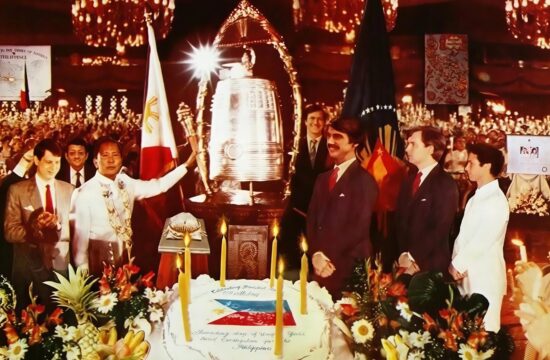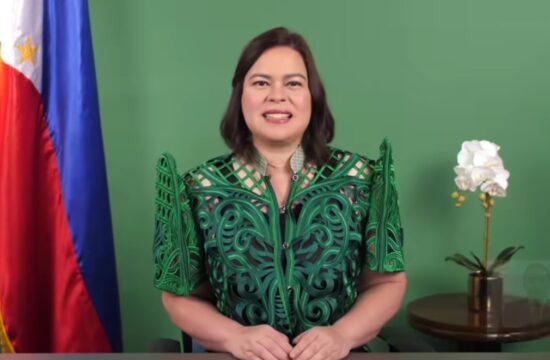President Ferdinand Marcos Jr. stood before Congress for his fourth State of the Nation Address (SONA) with a clear and urgent message to the world: “The Philippines is ready. Invest in the Filipino.”
The line, delivered in English and emphasized in both tone and timing, was more than a slogan. It served as the thematic backbone of an hour-long speech that positioned the Filipino workforce—not just policy or infrastructure—as the country’s most bankable asset.
“Our cavalcade of dependable and hardworking Filipinos,” Marcos said, “innately skilled, adaptable, and possessed with a heart for service, are here, ready to work and to succeed with you.”
The speech, broadcast live nationwide and closely watched by foreign investors and development partners, reflected a growing confidence from the administration. That confidence, Marcos argued, is rooted in results.
“Kung datos lang ang pag-uusapan, maganda ang ating ekonomiya at tumaas ang kumpiyansa ng mga negosyante. Bumaba ang inflation, at dumami rin ang trabaho.”
As of June 2025, inflation had slowed to 1.4%. The economy grew by 5.7% in 2024—one of the fastest rates in Asia—and 1.95 million more Filipinos had entered the workforce, according to government data.
Marcos also highlighted one of his most closely watched promises: rice at ₱20 per kilo. “Napatunayan natin na kaya na natin ang bente pesos sa bawat kilo ng bigas, nang hindi malulugi ang mga magsasaka!”
That claim dovetailed with a broader push to uplift agricultural workers. “Mula nagsimula ang Administrasyon, mahigit walo at kalahating milyong magsasaka at mangingisda ang nakatanggap ng tulong… Lahat ng ito ay sumusuporta sa kanila mula paghahanda, pagpunla, pag-ani, pagbiyahe, hanggang sa pagbenta.”
Efforts to accelerate agrarian reform also made it into the president’s speech, with Marcos citing updates on land title distribution: “Kasalukuyang pinapabilis ng DAR (Department of Agrarian Reform) ang pamamahagi ng mga CLOA (Certificate of Land Ownership Award) at mga E-Titles. Pati na ang mga COCROM (Certificates of Condonation with Release of Mortgages), bilang patunay na wala nang utang ang benepisyaryo ng agrarian reform.”
The president then turned to healthcare, highlighting the expanded PhilHealth’s YAKAP (Yaman ng Kalusugan Program para Malayo sa Sakit), which now offers free consultations, essential medicines, and laboratory and cancer screening tests. He also noted that PhilHealth has expanded its benefit packages to cover heart disease, cancer, kidney ailments, cataracts, and severe dengue—aimed at easing out-of-pocket healthcare costs for millions of Filipinos.
One key initiative he touted was the implementation of zero-balance billing at Department of Health (DOH) hospitals. Marcos stressed that basic accommodation at DOH hospitals should already be funded by the government. In other words, patients no longer have to pay out of pocket. “Itinuloy na po natin ang zero-balance billing. Libre po. Ibig sabihin ang serbisyo sa basic accommodation sa ating mga DOH na hospital, wala nang babayaran ang pasyente, dahil bayad na ang bill ninyo,” he said.
On education, the president affirmed continued scholarship support, with priority given to youth in farming communities. He also announced the expansion of early learning programs, including the ARAL (Academic Recovery and Accessible Learning) program and Early Childhood Care and Development, to promote health and early education among Filipino children.
National infrastructure remained central to the administration’s goals. Marcos confirmed that construction would begin by year-end on the 32-kilometer Bataan–Cavite Interlink Bridge, which would cut current five-hour travel across Manila Bay to just 45 minutes.
Rail projects, such as the PNR Bicol Line—damaged by Typhoon Kristine—are under rehabilitation, he said. “Hindi magtatagal, madadagdagan pa ang haba ng linya na ito at aabot sa Ragay, Camarines Sur hanggang Tagkawayan, Quezon.”
He noted that by 2026, an extended stretch of South Luzon Expressway (SLEX) from Sto. Tomas, Batangas to Tiaong, Quezon would also be opened, reducing travel time from four hours to just one.
Digital inclusion was another bright spot. From just 4,000 free Wi-Fi sites in 2022, the administration has brought that number to 19,000. “Mas pinalawak na ang libreng Wi-Fi sa buong bansa upang mas marami pang Pilipino ang magkaroon ng koneksyon sa internet na magagamit para sa pag-aaral at pagtatrabaho,” he said.
On public safety, the president reaffirmed a harsher stance against the drug trade. “Mas pinaigting ang kampanya kontra droga,” he said, noting thousands of operations and seizures of illicit drugs worth billions.
Marcos also emphasized diplomatic efforts, reporting that over 600 Filipinos convicted abroad were granted pardon or sentence commutation through coordination with various foreign governments.
But beyond numbers, the president emphasized his central proposition that prosperity, growth, and global investment all hinge on one essential thing—the Filipino. He framed current policies and programs as long-term investments in human capital, aimed at sustaining development and strengthening the Philippines’ position in the global economy.

